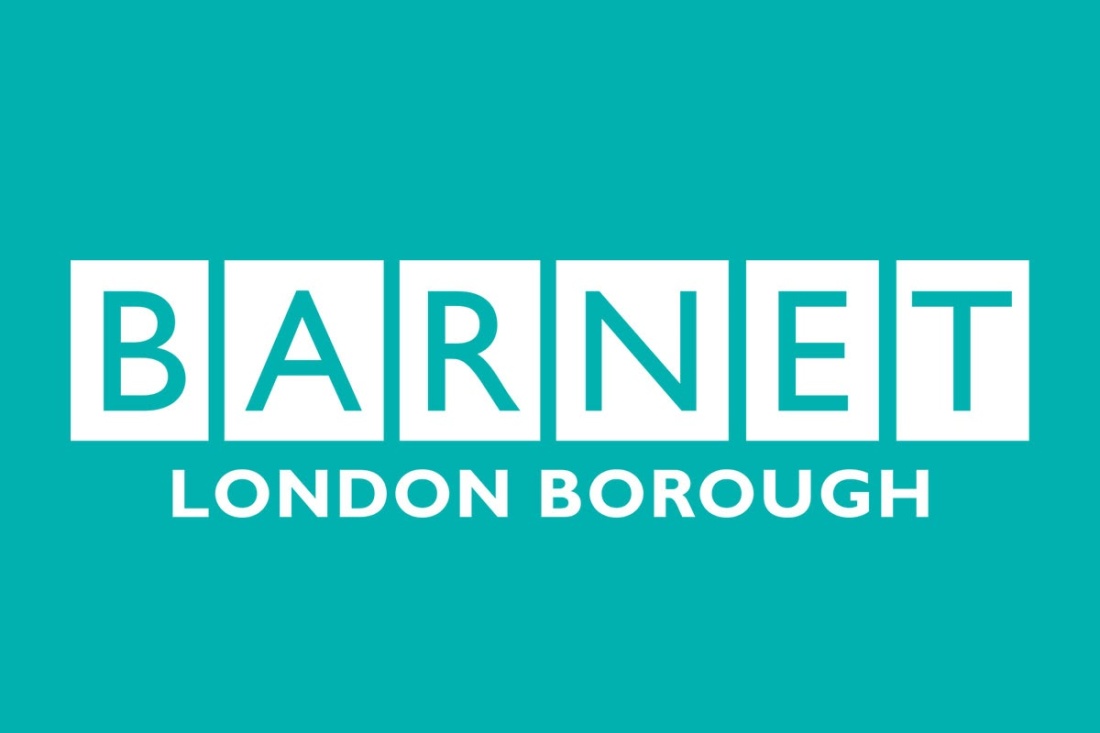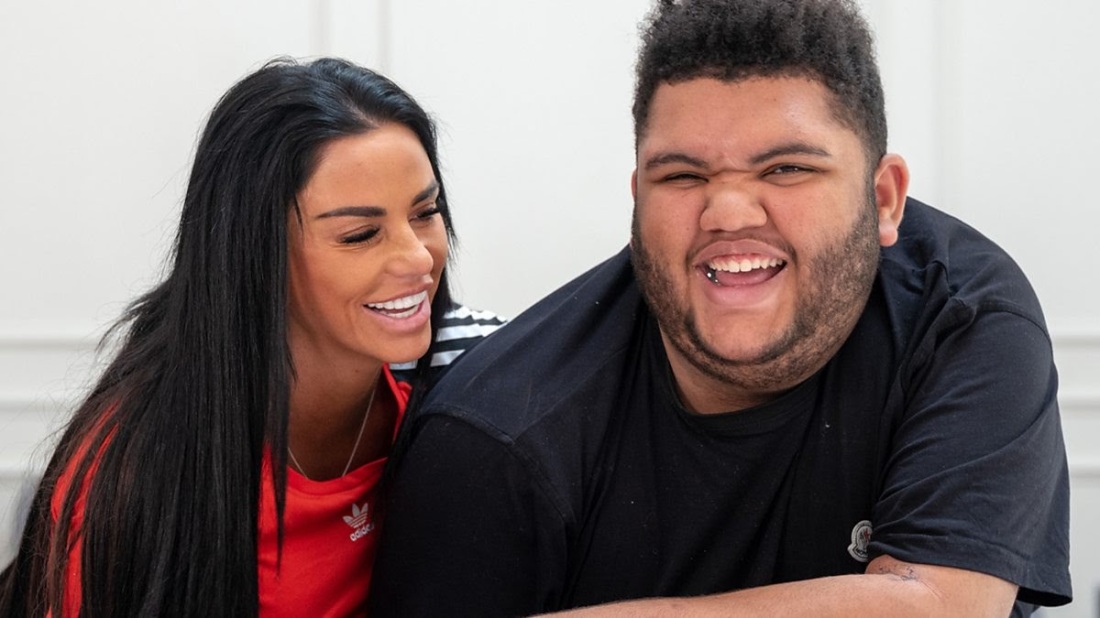Good examples rarely make the news, or at least that often seems to be the case, especially when Local Authorities are involved. But in amongst the worry and frustration around how the Coronavirus Pandemic has impacted people with learning difficulties, and young people in particular, one London Borough has revealed that it has been able to offer some extra provision.
A Freedom of Information Request submitted in March to Barnet Council asked a number of questions pertaining to educational resources provision during the pandemic, and in particular the funding allocated to disadvantaged pupils and those with SEN. While the Council’s response left some questions unanswered, the figures relating to SEN are an encouraging development.
Along with the SEN catch up premium, already being provided at three times the amount for standard pupils as per Government stipulation, Barnet Council related how it had been able to issue £5,000 per school as a lump payment, to ensure adequate provision to its prioritized pupils.
This was siphoned directly from the council’s Contain Outbreak Management Fund, a government stipend. While the COMF has an extremely wide purview as to its appropriate uses (with some LAs using it to fund shopping for those shielding, for example), the Council’s explicit provision of such money for the purpose of providing for those young people with learning disabilities and extra needs is surely a welcome move.





